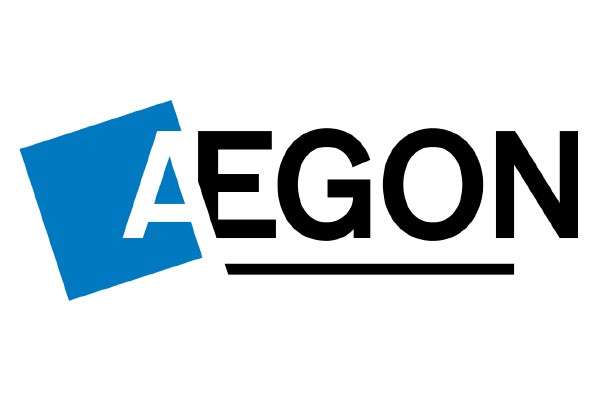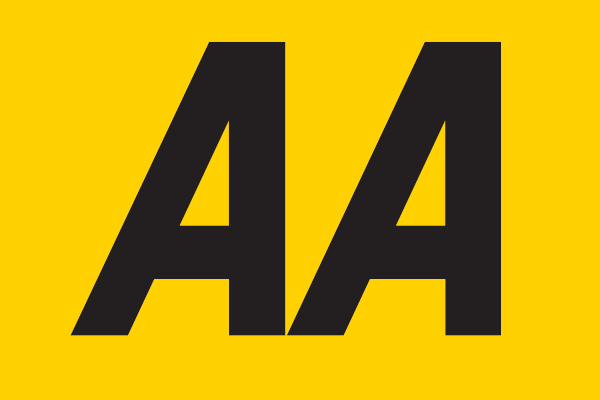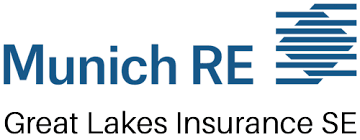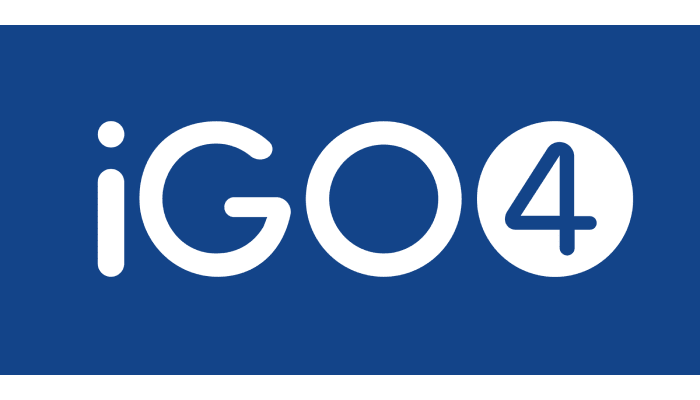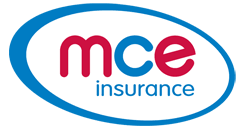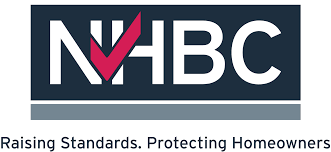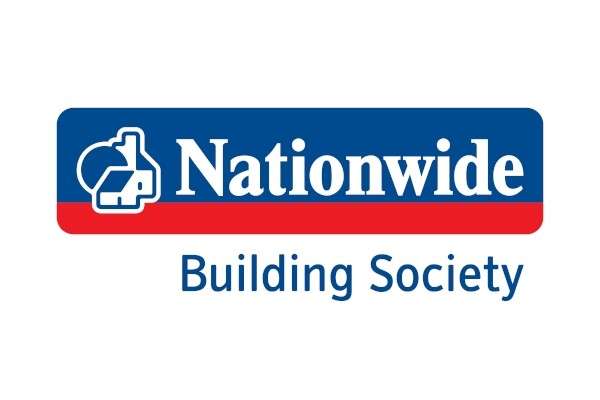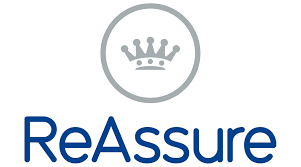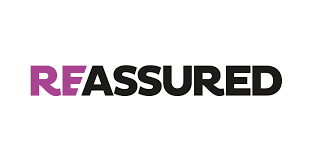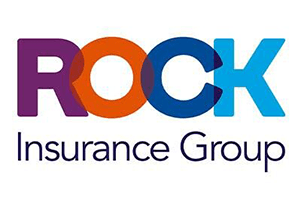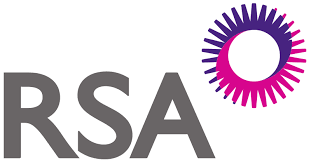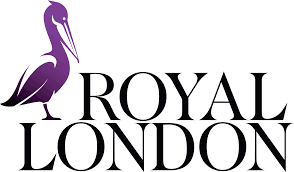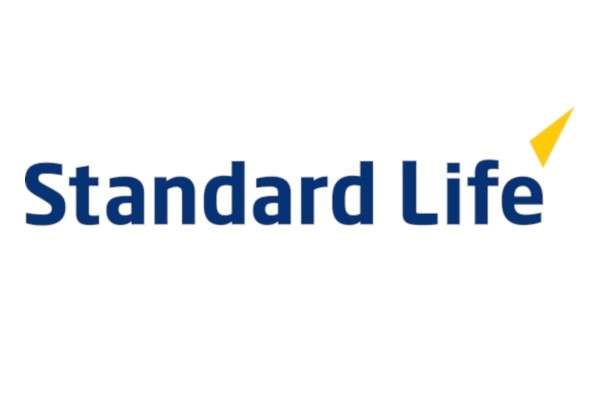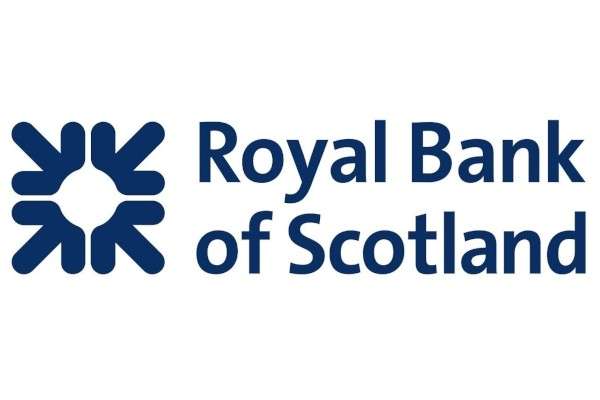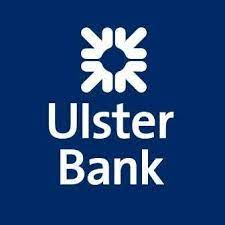Income Protection
Income Protection Insurance
According to the Association of British Insurers, each year one million people in the UK are unable to work because of a serious illness or injury. Income protection insurance gives you cover if you are unable to earn an income because of these reasons.
Income protection insurance is a long-term insurance policy and ensures that you continue to receive a regular income until you can return to work or until you retire by replacing part of your income. Depending on the type of policy, it covers most illnesses that leave you incapable of working whether it is in the short term or the long term.
Search for a Company to begin a Claim
Usually, you set payments to start after any other insurance stops covering you or when your sick pay ends, and there is typically a waiting period before the payments to you start. Also, while the policy lasts, you can claim as many times as you deem necessary.
It is important to note that it is not the same as critical illness cover as this pays a one-off lump sum if you have a serious illness. Income protection insurance is also not the same as short-term income protection as it only includes monthly outgoings for a limited period and generally covers fewer situations or illnesses. You also need to decide if you want to get life insurance to cover you until your death.
Income protection claims
You should make your income protection claim as soon as you can if you have had to stop working because of an accident or illness or even redundancy.
First, you will need to contact your insurer as soon as you know that you will be out of work for a long time. You will need to give them your details and your policy number, which you will be able to find in your policy documents. You will also need to state the reasons for why you are claiming as well as how long you will be off work. It is also essential that you do not stop paying premiums during your claim as this may make your policy invalid.
Once you have contacted your insurer, they will then get in touch with what you need to do next and send you a claims form. You will then need to submit any evidence of why you are off work, which will typically be a medical report, along with a birth certificate to prove your age and proof of income.
It is possible that they may ask you for more information, but your insurer will then assess your claim to see if you are covered by your policy. If you are unable to provide them with the details which they are asking for, then it is improbable that they will accept your claim.
What happens after I have made my claim?
There are some potential outcomes once you have made your income protection insurance claim. It could be accepted, and you will get paid an income, or they may pay you a smaller amount if your current income is lower than the income you stated on your policy. If they do accept your claim then your insurance company will contact you monthly or, if required, annually to check on the progress of your recovery.
Your insurer rejects your claim. This may happen if you gave false information about yourself when you applied.
My claim was rejected.
There is the possibility that your claim will get rejected. This could be because you have given false information when you have applied to your insurance company. You could still be eligible for some support or be able to apply for sick pay, redundancy pay or Universal Credit.
Your employer should pay you Statutory Sick Pay if you need a prolonged period off work because of an accident or illness and you could be eligible for statutory redundancy pay if you have been with your employer for longer than two years. If you did not lose your job through redundancy, then you could also claim Universal Credit
Returning to work
You should always keep your insurer updated on how you are progressing, and they should check if they can support you financially if you return to work on shorter hours. It could be that they pay you a partial income until the time when you can return to full-time work.
Income protection insurance self-employed
There are different types of income protection, but self-employed income protection insurance works in the same way as listed above. Like regular income protection insurance, the companies that offer insurance are authorised and regulated by the Financial Conduct Authority (FCA). Self-employed people will not qualify for sick or redundancy pay but will be covered by an income protection policy. You would receive a monthly payment, typically for either 12 months or 24 months if it deemed that you are unable to work because of an accident or sickness.
It can be difficult to find income protection insurance when self-employed as your income may vary each year. You can choose the amount of income that you want to be covered, whether it is a fixed amount or a percentage of your annual income. It is also an option to choose whether the income protection insurance lasts until you reach a certain age or for a specified period.
Most insurers will continue to send you missed income and also pay you monthly until your return to work, but income protection only covers your income for the term of your policy. After completing a successful claim, most insurers send you any missed income then continue to pay you monthly until you return to work.
Accident and sickness insurance
You can take out an accident, sickness and unemployment policy that is relevant to a debt. This will mean that your repayments will continue to be made if you were to lose your income through an accident, sickness or unemployment.
The policy describes the situation that you are in rather than what it is covering. The insurance products can include loan payment protection, income protection and even mortgage payment protection.
You can choose which is best for you which is helpful if your employer offers reasonable sick pay as that will mean that you can concentrate on unemployment insurance specifically. If you are self-employed and cannot make yourself redundant, then you will only want self-employed income protection insurance that covers you if you have an accident or if you are ill, which is discussed in full above.
Most accident, sickness and unemployment insurance policies are time-limited, and you are usually able between 6 months, 12 months and 24 months. A period of 12 months is the most common. You are also allowed to choose a sum that represents your total bills or even your mortgage amount, as the idea of accident and sickness insurance is to help cover costs when your sick pay ends.
Sick pay varies between employers. Some provide you with a full salary whilst you are off work will illness, with some even offering this for up to 12 months. If this is not the case, you are always eligible for £92.05 a week from your employer if you qualify for Statutory Sick Pay. This is available for up to 28 weeks.
It is essential that you check what your employer will pay you and how long that period will be. This is because it will impact the waiting period between when you are off work and when your payments start, which will, in turn, impact the cost of your accident and sickness insurance.
This is called the deferred period, which is the time between going off sick and being paid by your insurance company. The longer that this period lasts then, the cheaper your monthly premiums are likely to be. For instance, your payments from the insurance company could start eight weeks after you have been on work, in which case your monthly premiums should be cheaper than if you had been off work for two weeks.







